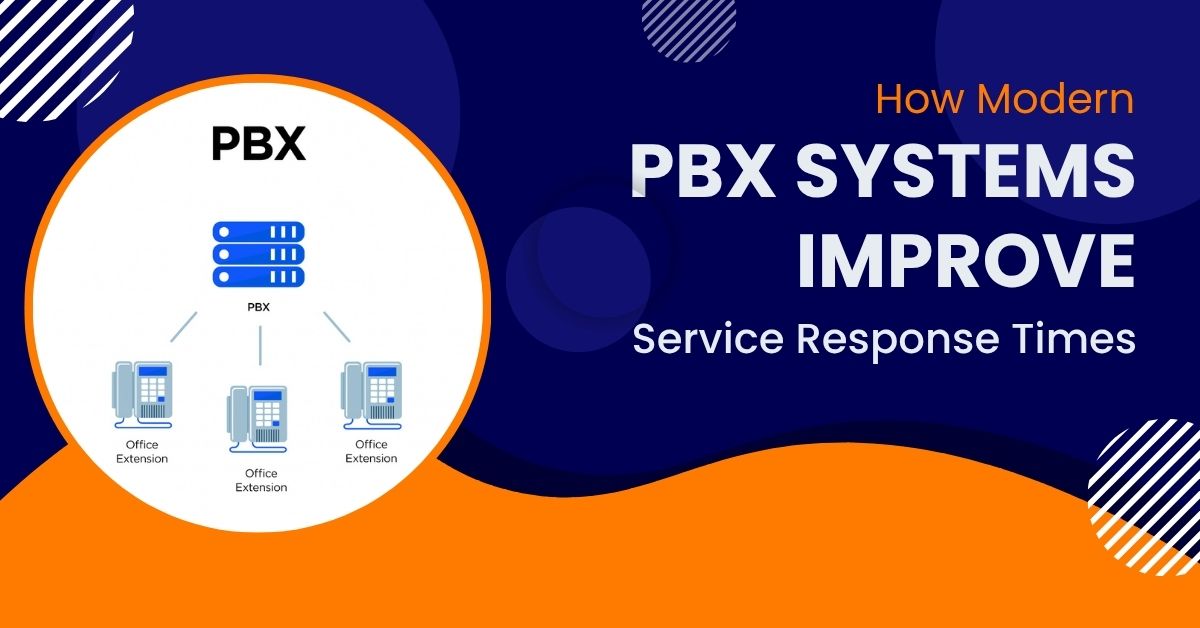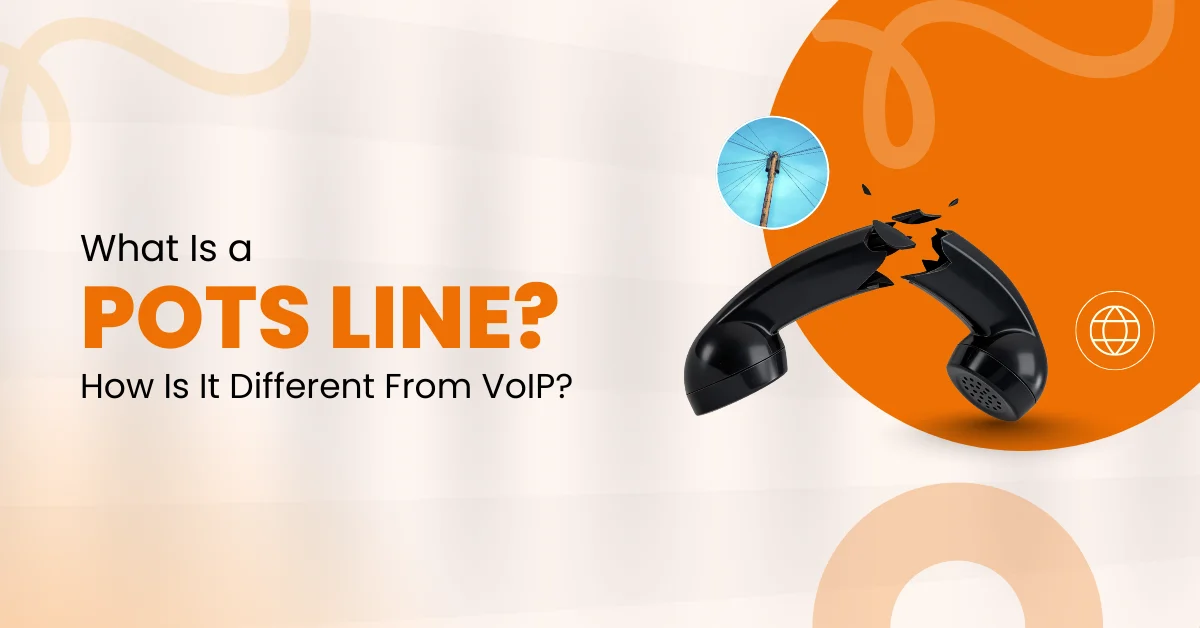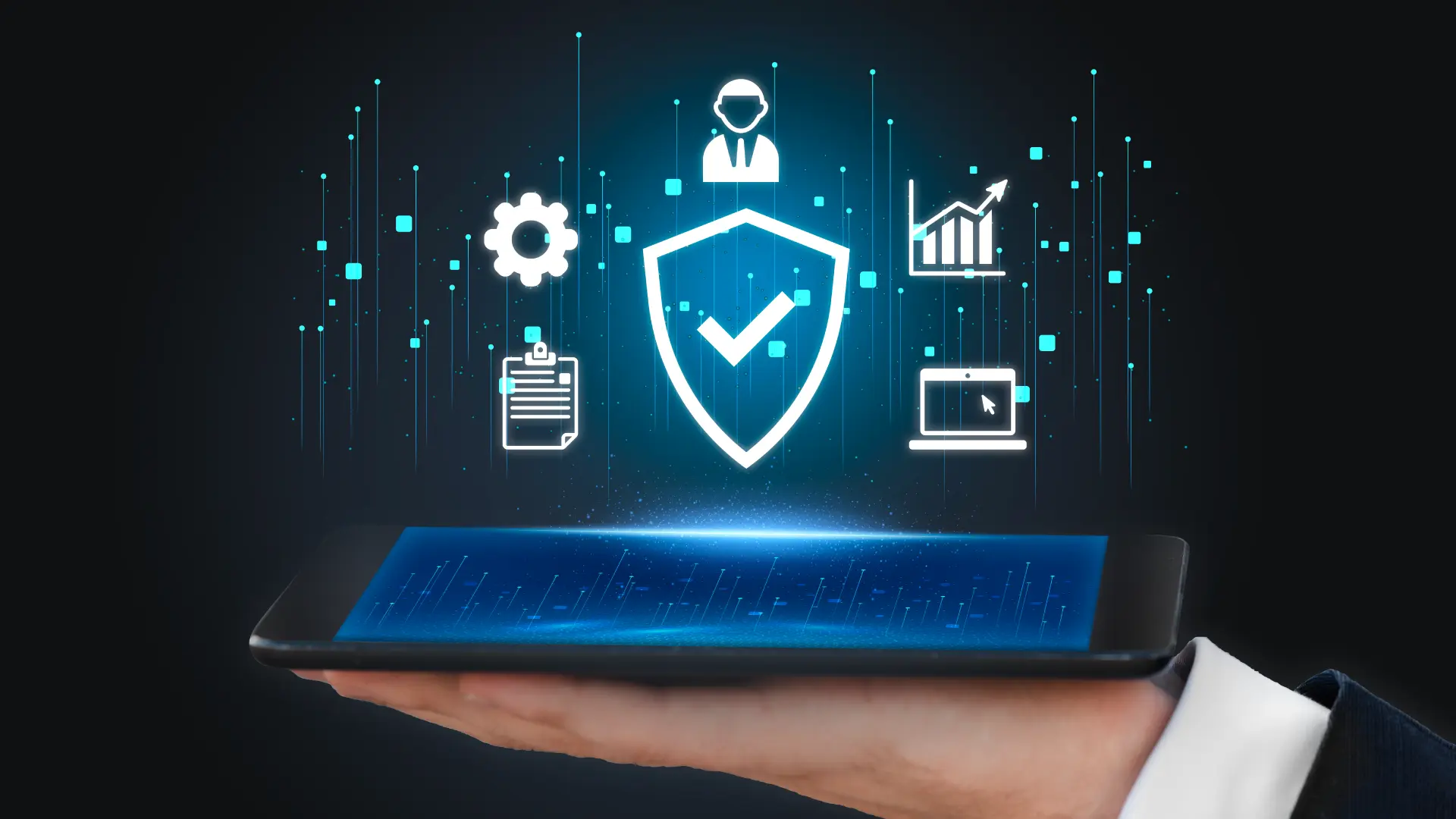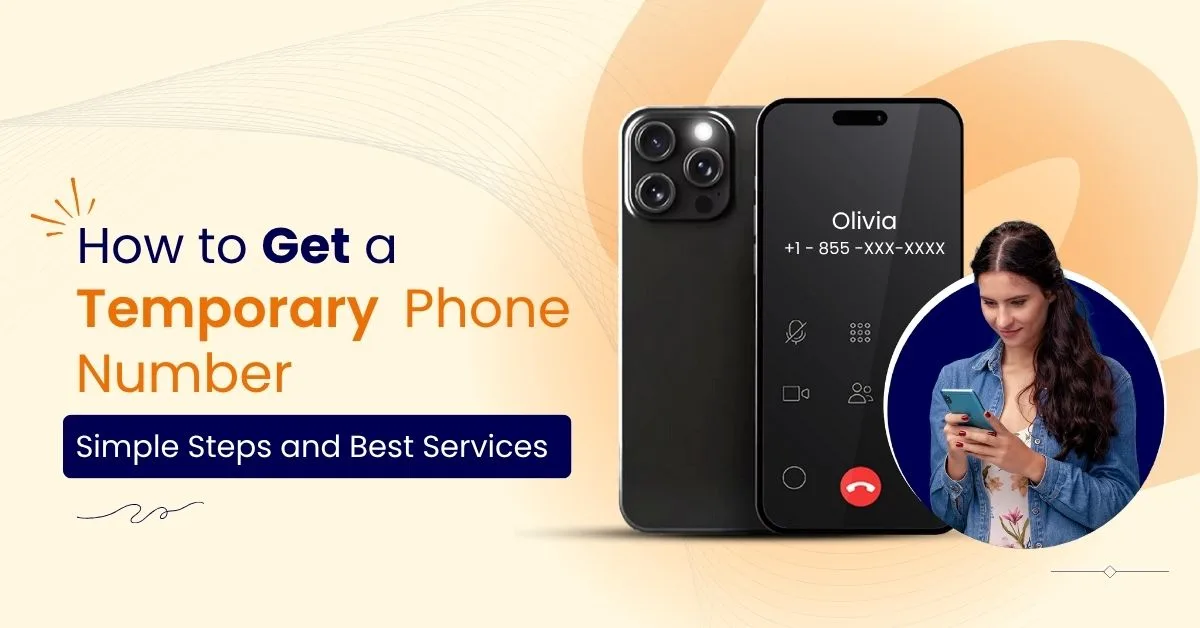How to Record Business Calls: Boost Your Team’s Performance and Compliance
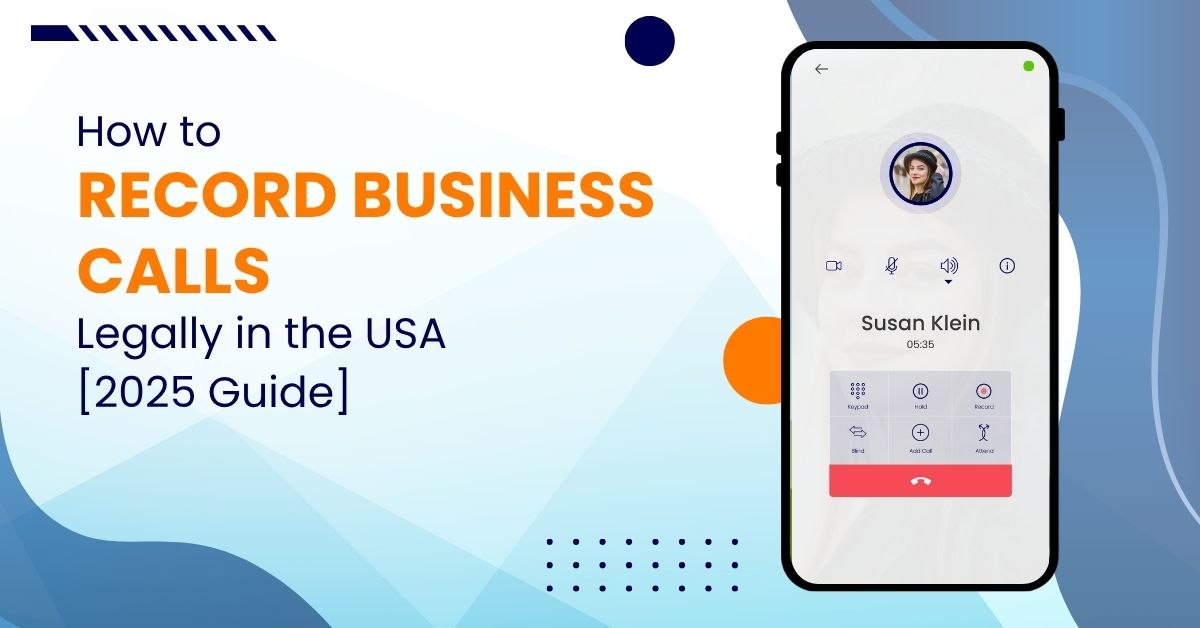
5 min read
Table of Contents
In today’s fast business world, recording business calls is smart. It is more than just a convenience. Whether for training new employees, following laws, or learning about customers, recording calls helps teams work better. By saving phone conversations, businesses get a useful tool to play back. This helps teams learn from real talks. This simple recording also helps with compliance by telling all people and getting their consent. It protects both the company and customers.
Recorded conversations give important information to improve customer service. They help sales strategies and solve problems fast. With automatic recording features and on-demand options, businesses can choose how to record calls. They can get the best data without stopping daily work.
Why Record Business Calls?
Recording business calls has many benefits that help your work.
First, it helps training and growth. Real recorded talks give true examples. This makes learning more fun. Sales teams learn how to handle objections and close deals. Customer service reps learn how to calm upset customers and give answers.
Second, it helps performance reviews. Managers get clear proof of worker-customer talks. Watching recordings helps find strong points, weak spots, and training needs.
Third, it gives deeper customer insights. Audio recordings show customer needs, problems, and likes. Teams can find trends and chances to improve products or processes.
Fourth, call recordings stop mix-ups and build trust. They give a clear record of talks. This cuts down disputes. Telling callers about recording also builds trust and follows laws.
Finally, recorded calls help teams work together. They keep sales, marketing, and operations aligned.
Types of Business Call Recordings
Pick the right recording way based on your business needs and rules.
Automatic Call Recording works with your phone system. It records all incoming and outgoing calls. Or it picks some based on rules. It is good for legal rules, quality checks, and training. Smart tools sort audio files for easy search and play.
On-Demand Call Recording lets users start and stop recording by hand during calls. This gives control over what is recorded. It helps keep sensitive info safe. It also saves space by recording only key parts.
Video Meeting Recording captures sound and video of online meetings. It records presentations and shared files. It helps team work at different times. It also boosts training and new worker start-up.
Methods to Record Business Calls
There are many ways to record business calls that fit different needs. Automatic call recording captures all calls without missing any, while on-demand recording lets users choose when to start and stop, balancing ease and privacy. Many new phone apps for Android and iPhone include built-in recording tools, making it easy to record calls without extra software. Choose the method that best suits your business size, legal requirements, and information needs.
How to Record Business Calls with Vitel Global
Recording calls with Vitel Global is easy and flexible. Follow these steps:
- Go to call recording settings by logging into the admin portal. Click Users > Actions > Voice Settings > Monitoring > Call Recording.
- Pick your recording mode:
- Never: Turn off recording.
- Always: Record all calls automatically.
- Always with pause/resume: Record all calls but let users pause.
- On-demand: Users start/stop recording by hand.
- On-demand with user-initiated start: Recording starts only when user begins.
- Turn on call recording announcements to tell callers when recording starts or stops. This keeps things clear and legal.
- Optionally, turn on voicemail recording to save important messages.
- Save your settings.
- Contact Vitel Global Support to finish setup and give access for play and review.
Legal Considerations for Recording Business Calls
Following laws and privacy rules is key when recording business calls. Consent rules change. Two-party consent states need all people’s okay. One-party consent states need only one person’s okay. Always tell callers at the start to avoid legal trouble.
When calls cross areas, follow the strictest laws. Keep clear consent records. Limit who can get recordings to allowed people. Protect them with encryption. Follow rules like GDPR, CCPA, HIPAA, and PCI DSS.
Set rules to delete recordings when needed. Train workers on laws, company rules, caller notice, and how to stop recording if asked.
Best Practices for Recording Business Phone Calls
To get the most from call recording and keep trust and law, follow these tips: use software that sorts and tags recordings, making them easy to find and watch. Link recordings with your CRM system to have a full customer history. Use real-time transcription tools to search and study talks fast. Watch recordings often to find trends and training chances. Always be clear with callers by giving clear notice when recording starts, and keep your recording tools updated for safety and smooth work.
Common Issues and Troubleshooting
Tech problems include device fit, network breaks, and software bugs. These can stop or block call recording.
To avoid issues with stopping recording, update your software often. Check your device settings to make sure recording permissions are on. Use trusted and compatible recording apps. Keep a strong and stable internet connection. Also, make sure your hardware works well. Check your phone system or app supports all recording features you need. Fixing these common tech problems helps you record and manage business calls without trouble.
Conclusion
Recording business calls helps training, boosts performance, gives customer insights, and follows laws. With choices like automatic and on-demand recording, businesses can pick what fits best. Following good ways and laws builds trust and makes customer talks better.
Ready to boost your business talks?
Contact Vitel Global sales or ask for a free demo today to see how our call recording and cloud phone systems can lift your team’s work.
Frequently Asked Questions (FAQs)
1. What is the difference between automatic and on-demand call recording?
Automatic call recording catches all calls by set rules without user help. On-demand recording lets users start and stop recording during a call. This gives more control and privacy.
2. Can I record both incoming and outgoing calls?
Yes, most business phone systems and call recording software let you record both incoming and outgoing calls for full coverage.
3. Is it legal to record phone calls without notifying the other party?
Laws differ by place. In many states, one-party consent works. But in two-party consent states, all must know and agree to recording. Always tell callers to stay legal and build trust.
4. How do I access recorded calls?
Recorded calls usually save safely in your business phone system or cloud. Allowed users can get them through call logs, admin portals, or special play tools.
5. Can I pause and resume call recording during a conversation?
Yes, many call recording systems let you pause and resume. This keeps sensitive info safe or follows privacy rules during a call.
6. How long are call recordings stored?
Storage time depends on your company’s rules and laws. It is key to have rules to delete recordings after the right time.
7. Are call recordings secure?
Good call recording tools use encryption and controls to keep recordings safe. Only allowed people can hear or manage recorded talks.
8. Can call recordings be used for employee training?
Yes. Recorded calls give real examples that help train new agents, improve objection handling, and boost customer service skills.
9. Do I need special software to record calls on Android devices?
Some Android devices have built-in call recording. Others need third-party apps. Pick a solution that works with your device and business phone system.
10. What should I do if a caller requests to stop recording?
If a caller asks to stop, pause or stop recording right away if your system allows. Always respect privacy and follow laws.
Published: October 29th, 2025
Subscribe to Our Latest Updates
Get monthly product and feature updates, the latest industry news, and more!

